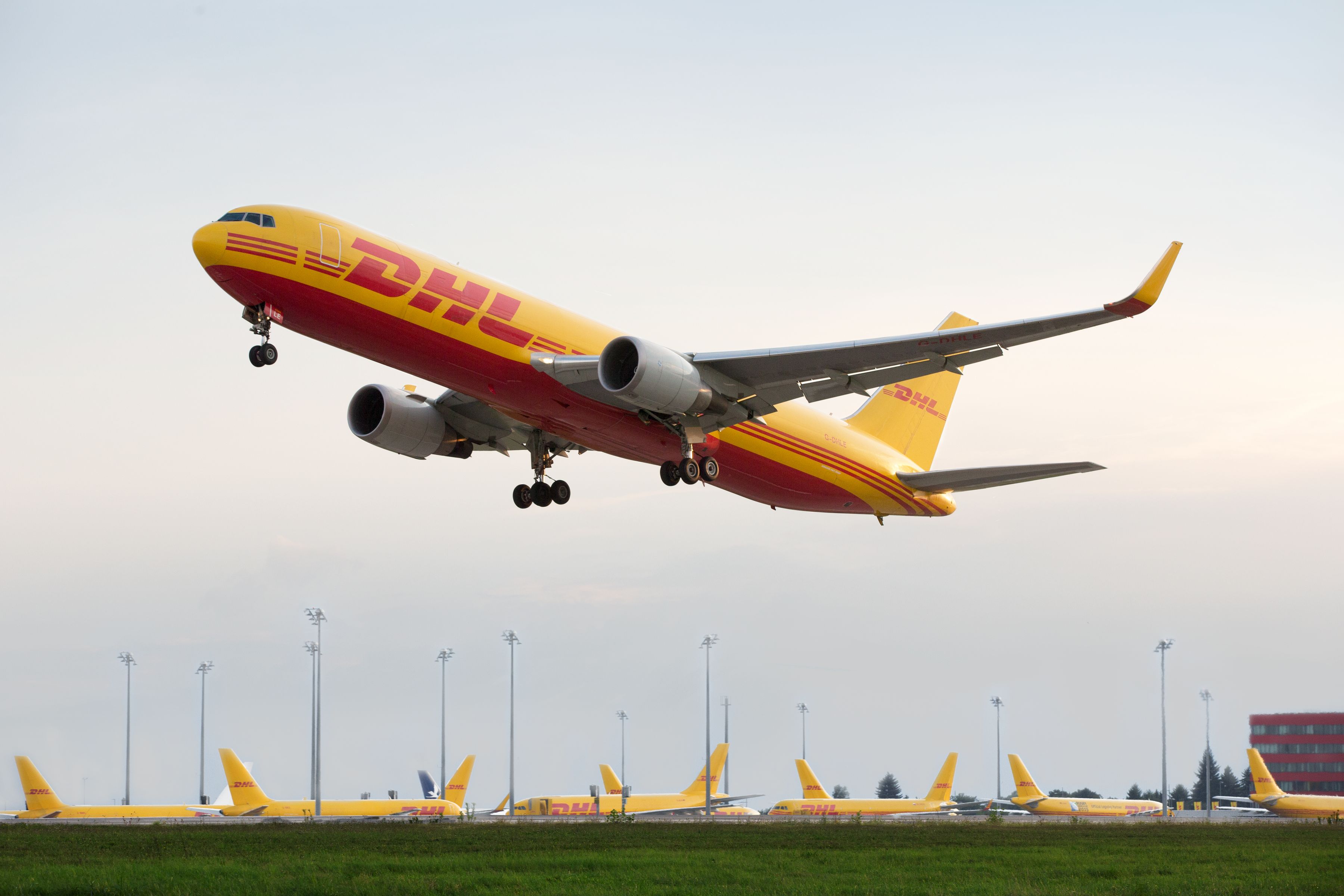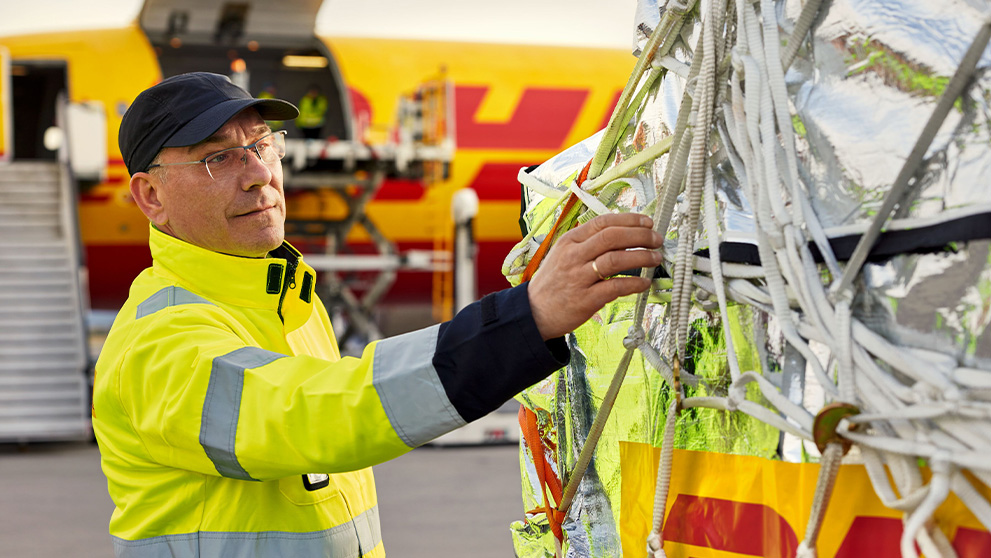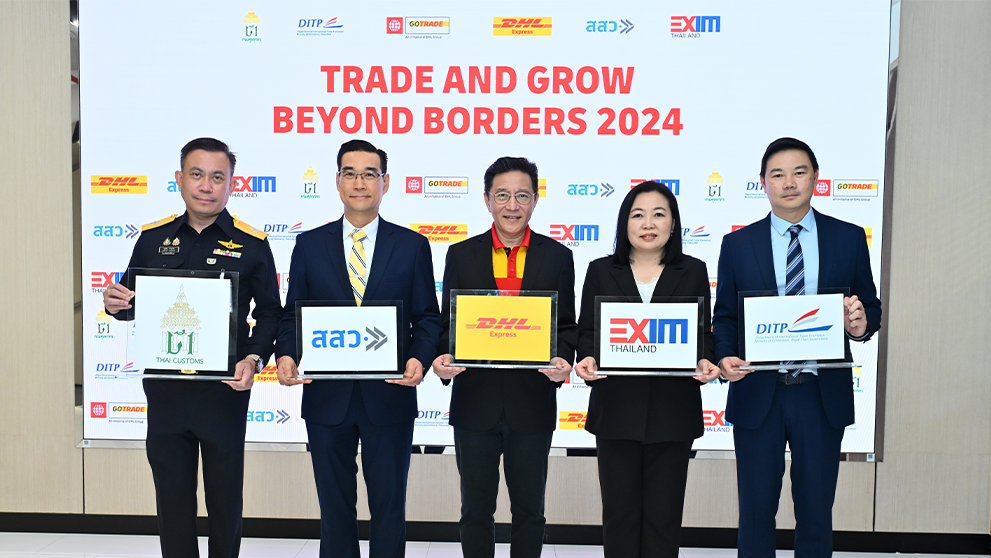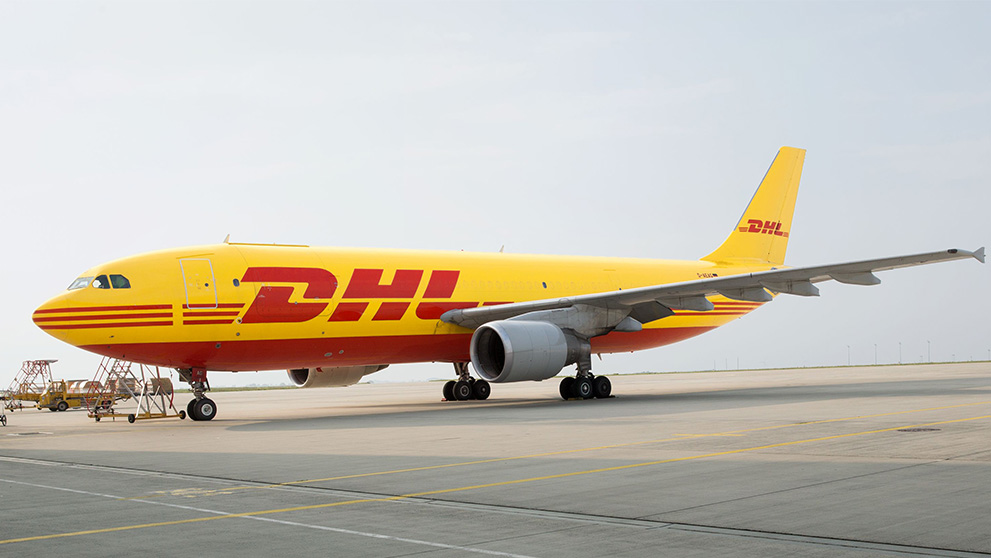In an era marked by ongoing digital transformation, business-to-business (B2B) companies find themselves standing at the forefront of a rapid shift. The landscape is evolving swiftly, driven by the unyielding force of digital disruption, the millennial workforce, shift in purchase behaviors, hyper-personalization and so on. To thrive in a dynamic world, strategic foresight becomes the cornerstone for B2B companies seeking not just survival, but triumph.
This article delves into the dynamic realm of B2B e-commerce trends, offering insights on how businesses should adeptly navigate the trends. DHL Express unravels the key trends that will empower businesses to not only weather the storm but emerge as frontrunners in this new era of B2B e-commerce:
Rise in large-ticket B2B e-commerce sales
Previously, businesses hesitated to invest in digital platforms because their client base was uncomfortable making large ticket sales online. Digital purchasing has also been mostly used in B2C rather than B2B environments. This has unequivocally changed with the advent of encrypted payment and overall convenience. Businesses no longer have the same concerns about online payment, with 35% reporting that they are willing to spend US$500,000 or more in a single transaction on digital channels. Among the corporate decision-makers, 15% of them are also comfortable with making purchases worth more than US$1 million online[1]. E-commerce is demonstrably a viable option for businesses looking to perform and receive big-ticket purchases.
This was accelerated by the pandemic, which made large online transactions a necessity. Thanks to encrypted payment systems and the ubiquity of online transactions within B2B interactions, business buyers feel confident using e-commerce platforms to make large purchases.
In Thailand, the country is adapting to the digital evolutions of the modern economy. In 2017, the Thai government developed ‘Promptpay’, an e-payment master plan which supported ambitious national rollouts of digital payments to provide users with access to a universally accessible and bank-agnostic payment method. This has enabled Thai individuals and businesses to participate in e-commerce transactions more efficiently. The results of these initiatives can be seen in the burgeoning size of the B2B e-commerce segment in the country, which had a valuation of THB 0.84 trillion in 2020[2] and accounted for 27% of all e-commerce transactions by 2022.
Greater personalization demands are driven by Millennials
The workforce is increasingly dominated by millennials or digital natives who are determining both the trajectory and method of the businesses they operate within. About 73% of the Millennials or Gen M provide input into companies’ buying decisions and 34% act as decision-makers.[1] A primary consequence of this is an emphasis on personalization in B2B engagements. This approach is informed largely by tailored experience of modern B2C transactions, where the millennial generation has become accustomed to high customer engagement in their B2C relationships. They employ this same approach in B2B contracts.
This refocus places more weight on the business buyer experience; the ideal transaction is personal, amiable and inspires brand loyalty. B2B e-commerce transactions have since moved from focusing on
providing a cost advantage for B2B buyers to providing a personalized experience tailored to fit their strategic needs.
Self-serve digital solutions are becoming more pervasive
APAC businesses expect to see an increase in self-serve options for customers. The pandemic ushered consumers towards a more ‘hands-off’ approach where contact with service people and handling of goods was limited. Self-serve is an opportunity for businesses to reduce the cost of sales without compromising customer service and experience in B2B relations.
Businesses can minimize their manual administrative workload and create a smoother customer experience by digitizing catalogues, price lists, dealer networks and providing clients with access to this information. Already, a CRM Magazine survey demonstrated the growing importance of digital self-serve solutions, with nearly half of the respondents reporting that their business use self-service channels in their CRM and expecte its adoption to increase[1].
Supply Network Mapping is needed to stay afloat amidst rapid changes
As a result of the pandemic, many businesses did not have access to brick-and-mortar stores. This has forced them to rely on e-commerce channels to conduct transactions. The increased demand for goods alongside heightened restrictions for the flow of goods between countries meant that many businesses within the B2B sector became keenly aware of weaknesses in their supply chain and logistics management systems. Businesses were forced to establish new, more resilient systems.
B2B International, a Merkel company, recommends businesses to focus on supply network mapping: “Knowing which suppliers, sites, parts, and products are at risk during a crisis allows organizations to put themselves first in line to secure constrained inventory and capacity at alternate sites[2].” The pandemic has demonstrated how a diverse supply network provides a higher degree of security in economic crises and minimizes losses related to logistics and supply chain disruptions.
Lean More on Sustainability
Customers are more concerned with ethical purchasing than ever before. Customers in B2B and B2C scenes will continue opt for sustainable solutions. But eco-conscious initiatives are not just a smart, ethical choice; they are good for business too. Studies have shown that more customers are identifying sustainability as a key factor before making a purchase and are willing to pay more for eco-conscious and sustainable products as well[3]. This suggests that B2B e-commerce companies can gain new avenues for revenue and collaboration by adopting policies that appeal to an increasingly eco-conscious customer base. By minimizing waste in line with ecologically sustainable practices, businesses also minimize the revenue loss that comes with product waste.
Herbert Vongpusanachai, Managing Director, Thailand & Head of Indochina, DHL Express,
said, “B2B e-commerce has experienced significant growth, and is emerging as a pivotal force in global trade by sustaining supply chains. Our ongoing investments in digitalization, sustainability, and infrastructure help us become ready to help businesses achieve e-commerce experience, access to a global market to respond to evolving customer needs and tap into new opportunities.”
Full Report of “The Ultimate Guide on B2B E-commerce Trends in APAC” could be downloaded via link.
[1] Bangia, M., et al. (2022). Busting the Five Biggest B2B E-Commerce Myths. Retrieved from https://www.mckinsey.com/business-functions/marketing-and-sales/our-insights/busting-the-five-biggest-b2b-e-commerce-myths
[2] Bangkok Post (2021). Value of e-commerce forecast to hit B4tn. Retrieved from https://www.bangkokpost.com/business/2197979/value-of-e-commerce-forecast-to-hit-b4tn
[3] International Trade Administration. (2022). Retrieved from: https://www.trade.gov/country-commercial-guides/thailand-ecommerce
[4] Sitecore (2023) – Improve the B2B commerce experience through AI
[5] Destination CRM (2013). New Survey Highlights the Growth of Web Self-Service. Retrieved from https://www.destinationcrm.com/Articles/CRM-News/Daily-News/New-Survey-Highlights-the-Growth-of-Web-Self-Service-90678.aspx
[6] Tuinstra, M. (2020). The Impact of COVID-19 on Supply Chains. Retrieved from https://www.b2binternational.com/2020/04/27/the-impact-of-covid-19-on-supply-chains/
[7] CGS (2019). CGS Survey Reveals ‘Sustainability’ Is Driving Demand and Customer Loyalty. Retrieved from https://www.cgsinc.com/en/infographics/CGS-Survey-Reveals-Sustainability-Is-Driving-Demand-and-Customer-Loyalty

















